Core to the mission of Legends of Learning, and why we started this company, is to impact how learning is accomplished, and to do so with a 21st century, digital approach. Research has shown that students learn best through play and, as founders who grew up on Pong, Oregon Trail, the original Mario Brothers and other cult classics, it was no mystery that we turned to video games to get the job done.
On any given day, we’re proud of our team and our product for helping millions of teachers and students engage in learning in a fun, interactive and yet challenging way. Today, though, we’re especially proud.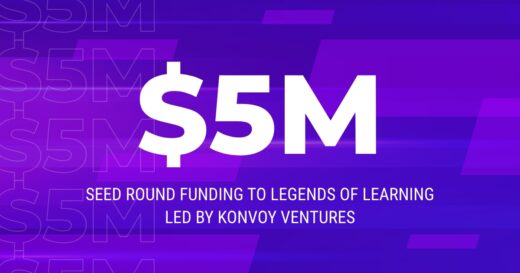
We’re proud to receive $5 million in seed-round funding from Konvoy Ventures and angel investors who also participated in the round like James Park (Co-founder and CEO of Fitbit), Holly Liu (Co-founder at Kabam and former Visiting Partner at Y Combinator), Jeremy Liew (Partner at Lightspeed Venture Partners), and Kun Gao (Co-founder and Founding CEO of Crunchyroll).
We picked Konvoy Ventures as a partner because they shared our vision for a future of rigorous but engaging game-based learning. Josh Chapman, Managing Partner of Konvoy Ventures told us, “The education system has evolved too slowly over the years, especially in regards to a move towards a more digitally-native experience. With this transition, the integration of games into the curriculum allows for a dynamic and more equitable experience that we believe shines a light on what the future of education will look like. This is why we are thrilled to invest and join Legends of Learning for the journey ahead.”
We’re humbled by their support, both monetarily and with their time, and the shared vision of Legends’ impact.
We’re excited to be partnering with Konvoy–who are also dedicated to the future of gaming–and the accelerated growth that’s possible with this partnership.
Last but not least, we’re thankful. Thankful to our users who have been on this journey with us over the years and to our team who continues to give their best to the creation and support of this amazing product.
Here’s a little bit about our journey: where we’ve been, where we’re going and who we are!
Legends of Learning in the early days
Legends of Learning launched in 2017 as a solution to better engage students with academically rigorous coursework. Based on studies conducted by Vanderbilt University researching the efficacy of a game-based learning approach in schools, the study found that students learn better through experience and play.
…and from there we went from zero to one. That’s a common phrase used in start-up companies. As a new company, you’re literally making something happen from nothing and it all starts with that first step, and getting from zero to one.
We started with only science games for middle school students in 2017 across 90 standardized topics. 2018 saw us reach over 1,000 games with the addition of science games for elementary school students in 56 standardized topics. Over 500 math games for 3rd through 8th grade students were added throughout 2019 and 2020 across 240 standardized topics. Since 2020, hundreds more games have been added and are being developed in both math and science for students from kindergarten through eighth grade.
Where we stand today
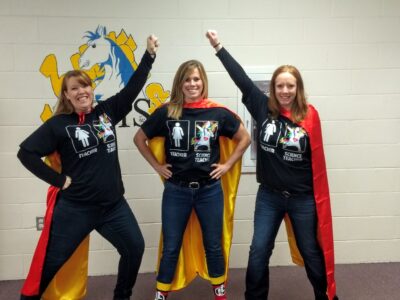
Over 5% of all elementary and middle school students in the United States are using Legends of Learning each month as part of their regular classroom instruction. With games that engage and challenge students academically with Common Core, NGSS, TEKS, VA SOL, FL MAFS and other state standards, teachers use Legends for introductory, review, enrichment and differentiated instruction.
Now, we have a library of over 2,000 math and science games, aligned to various national and state curricula. Where do all of these amazing games coming from? A global network of game developers who compete for the best games, the most play time and the highest reviews. This unique developer marketplace consists of over 500 studios building innovative games and constantly responding to feedback from students and teachers. For the first time in K-12 education the learning content is dynamic and improves over time. Games rated highly by teachers and students rise to the top and get paid more, while lower-rated games are removed and replaced.
The platform offers even more than games! With reporting at the student level, teachers can personalize learning for their students, while also being able to help those in need with text-to-speech and Spanish translations. 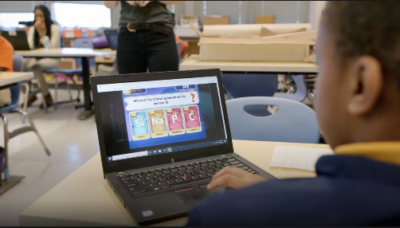
Even assignments, the crux of Legends of Learning, are evolving and getting power ups with the ability to add videos and custom quiz questions.
Beyond a tool used by schools, we also have Awakening, an immersive 3D game that includes the same math and science content, but can be played at home in a more adventurous way that has students exploring a fun town with friends. As students battle their Beasties with others in a safe, multiplayer learning world, they progress through their school-district-aligned curriculum and engage with the marketplace of learning games. Played through a web browser or mobile app, parents are able to monitor their children’s coursework and progress as students engage with math and science like never before.
What’s on the horizon
We’re a group of busy bees here. Once huddled in a Baltimore-area basement (classic), our now global team of nearly fifty employees is working on some exciting projects.
One example is a new product release that helps students build an understanding of basic math facts and recall them easily with little cognitive load. This will be released before the end of the year as part of our continued effort to making learning fun. The goal of this tool is to develop confidence in students to understand number relationships. This ability to recall basic math facts with regard to fact families is critical to an ongoing, successful experience learning math. For schools who participate in this offering, this will be another educational game that students can play with the support of their parents at home.
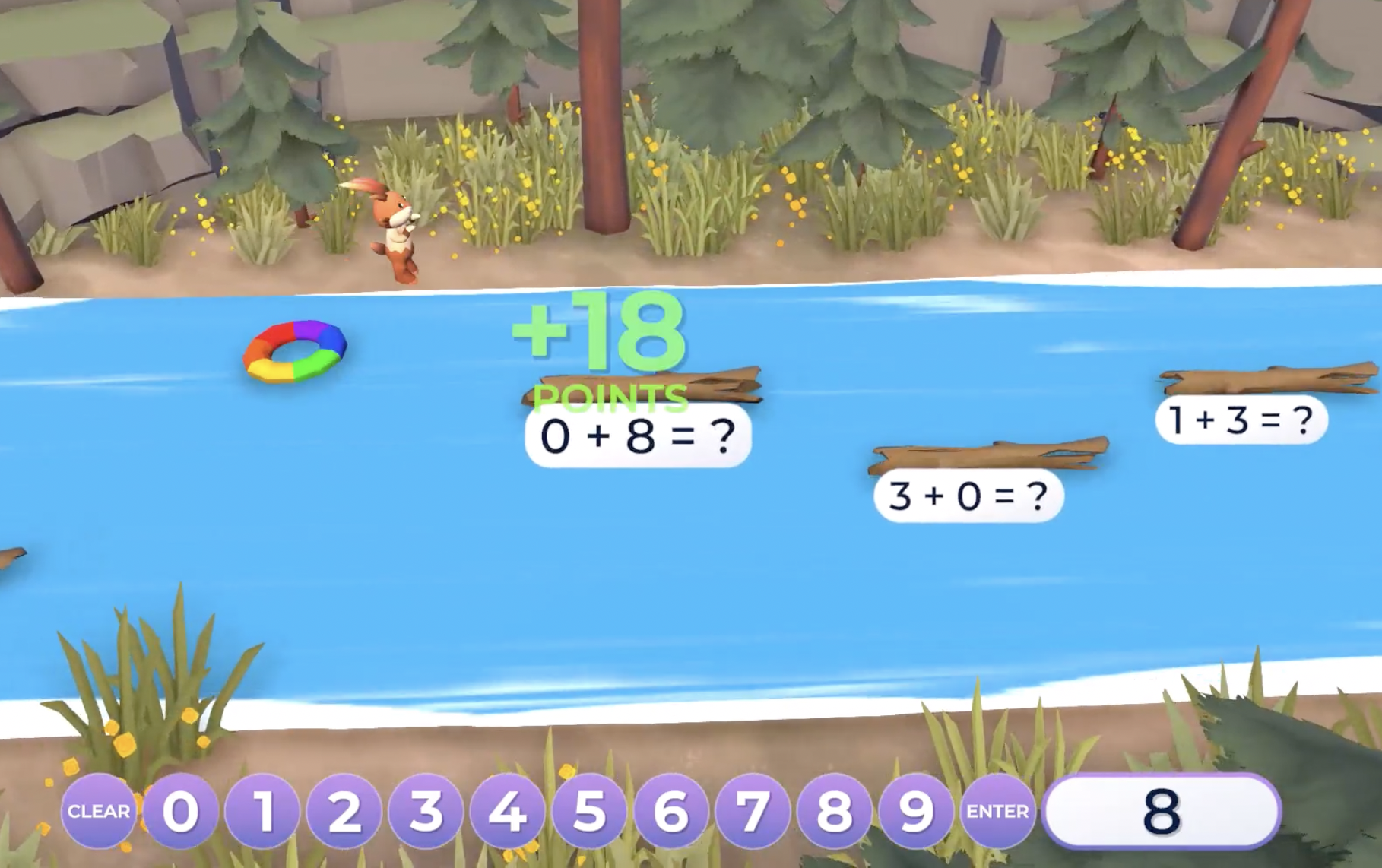
What the future holds
Something you’ll often hear us say that we want to help students develop a love for learning. That’s because we believe that learning doesn’t stop when students graduate from high school, or even college, and that learning isn’t limited to the traditional academic topics.
The long-term vision for our company is that, one day, anyone who wants to learn anything through experience and play will be able to come to Legends of Learning to find an immersive world of game-based learning built by millions of game creators around the world. We want to be the Learning corner of the unfolding Metaverse.
This mindset, paired with the support of our partners like Konvoy Ventures, is what drives our team to keep updating and improving the platform, as well as expanding content areas to more diverse topics and diverse groups of people.
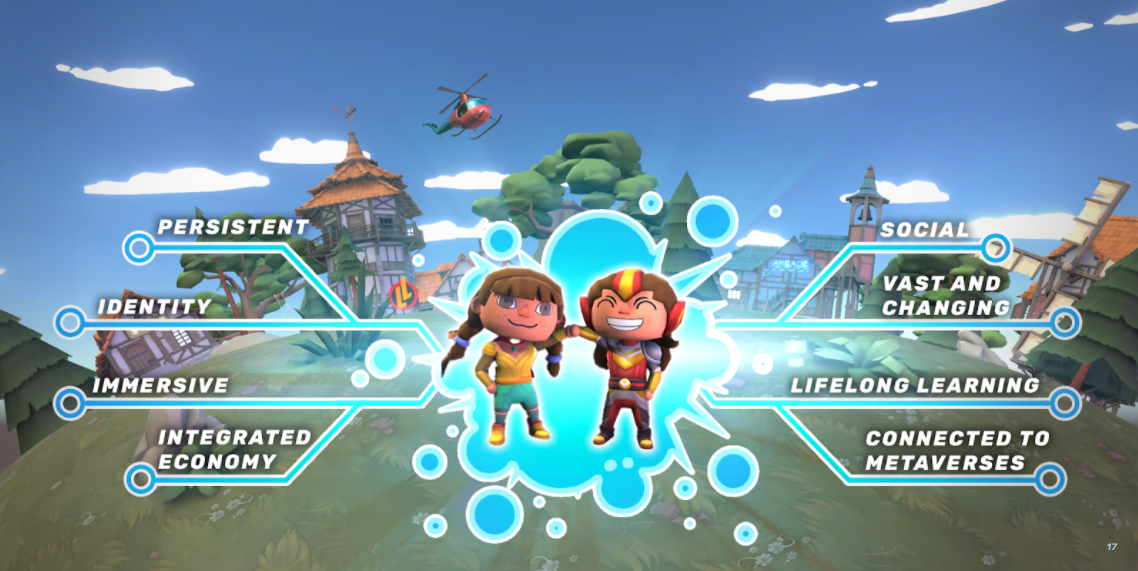
In the meantime…
We’ll keep building a platform we believe in–one that students use because they want to, not because they have to. We’ll continue to partner with teachers and school districts to establish and build that love of learning in students. Last but not least, in this partnership with Konvoy Ventures, we remain committed to our goals: to have more students learn successfully through experience and play.
We’re looking forward to a fun future learning with everyone! Thank you for being on this adventure with us!
Again, thank you: on behalf of myself and everyone on the Legends of Learning team!
- Dr. Vadim Polikov, Legends of Learning CEO and Co-Founder

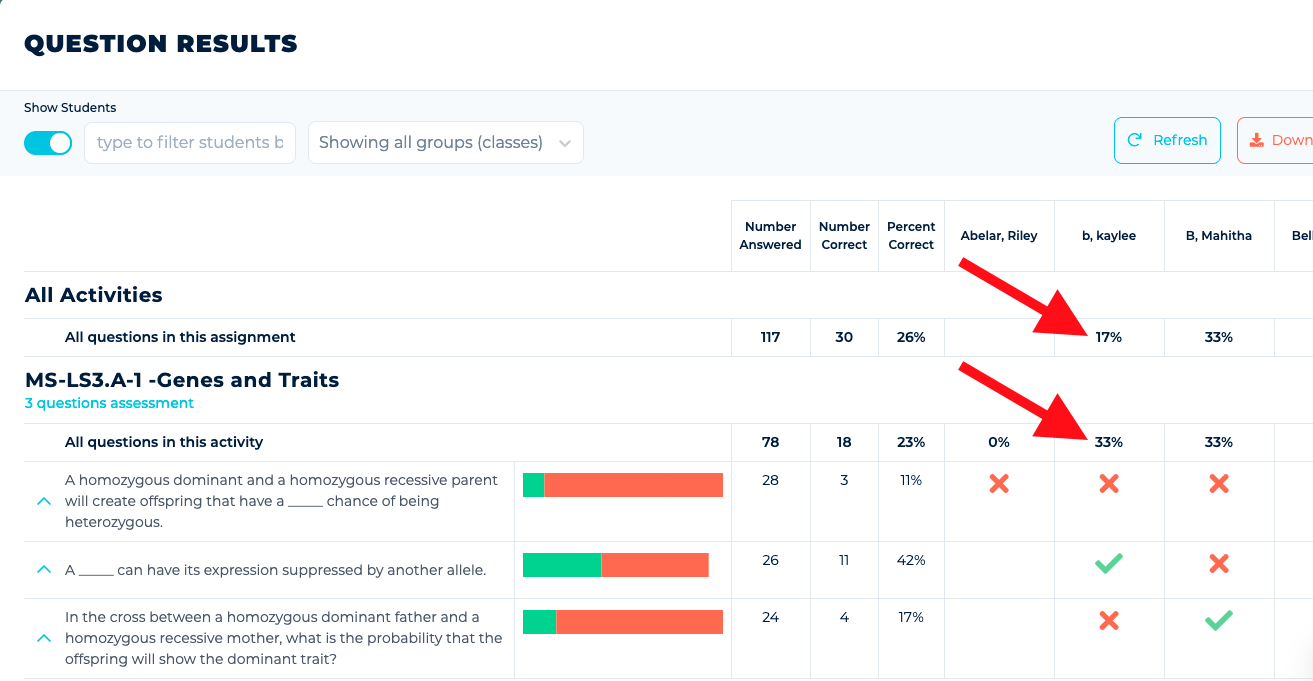
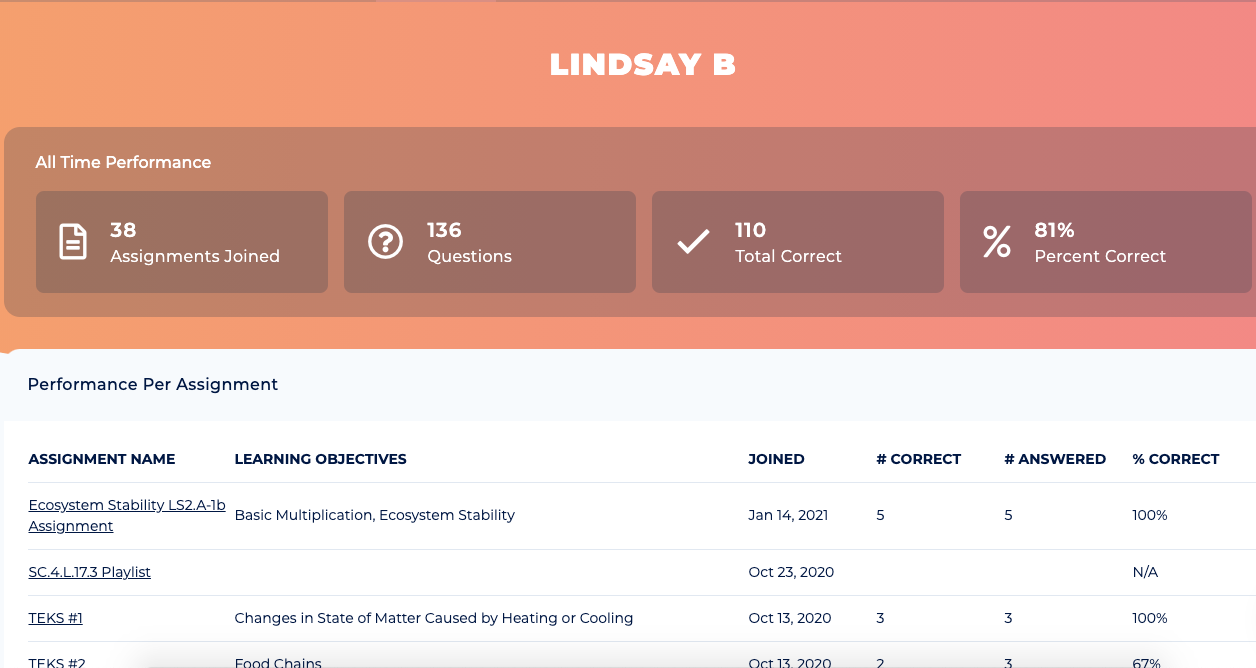
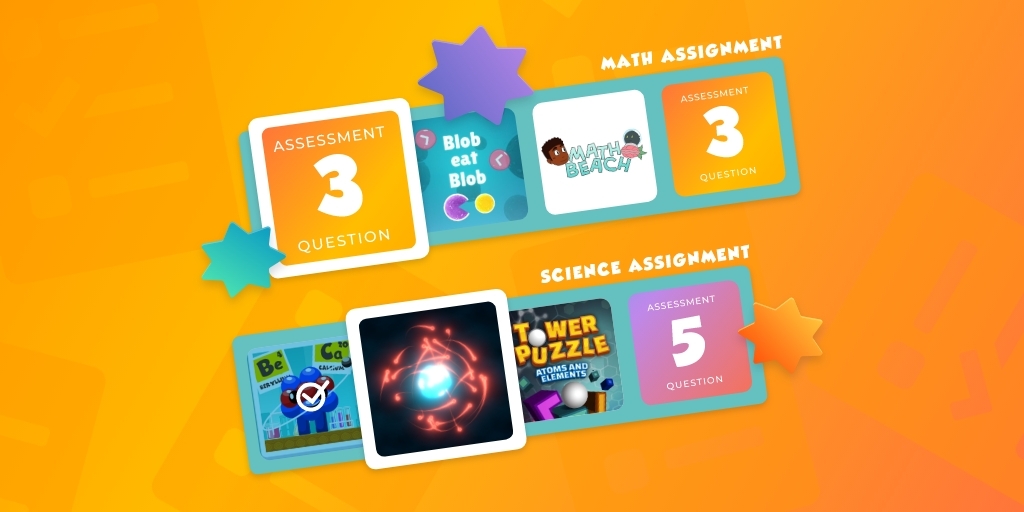
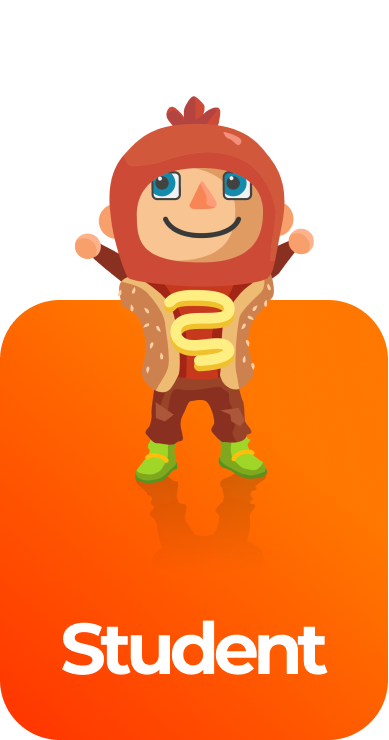
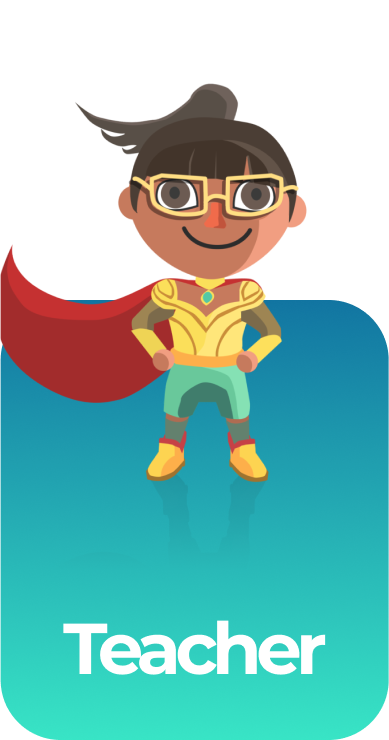
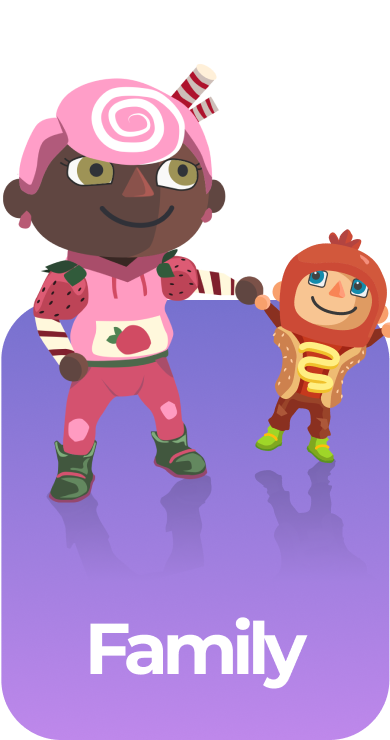
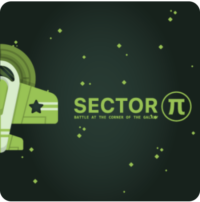
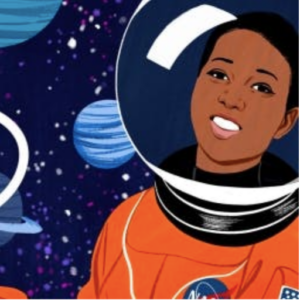



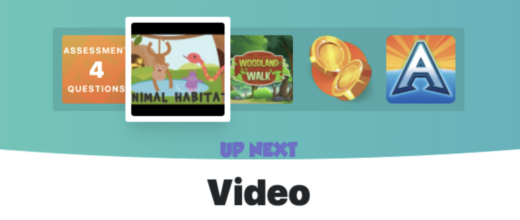 It’s easy to use Legends of Learning’s new
It’s easy to use Legends of Learning’s new 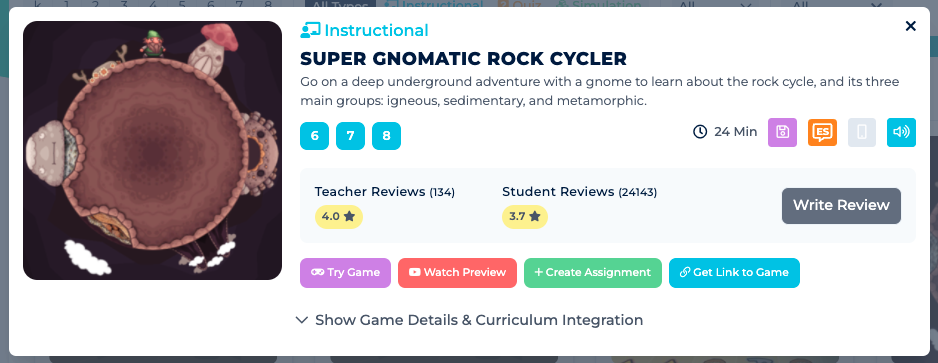
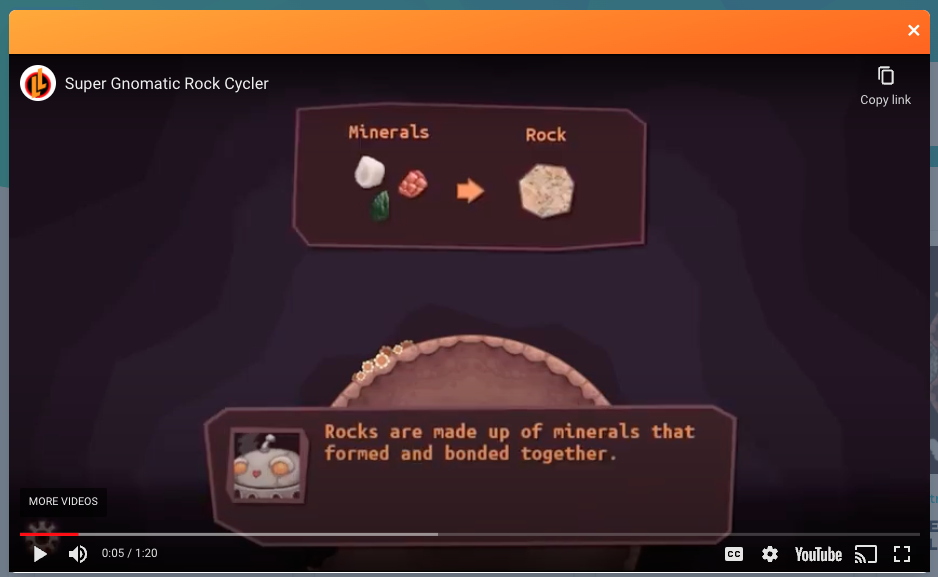






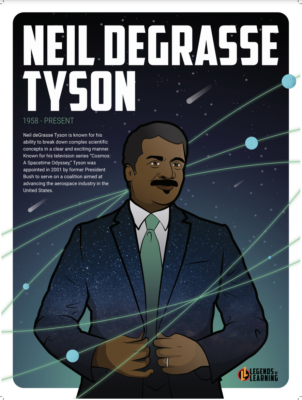


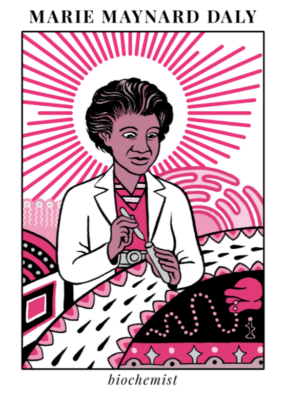
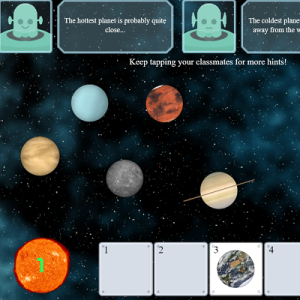
 Utilize student groups for differentiated learning between your classes as well as individualize instruction for students by:
Utilize student groups for differentiated learning between your classes as well as individualize instruction for students by: 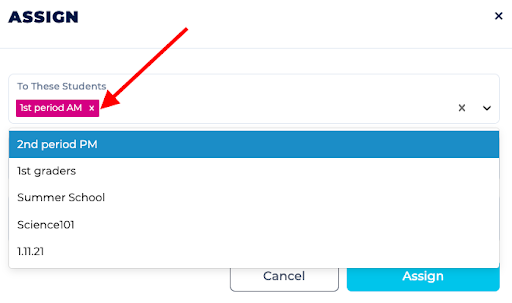
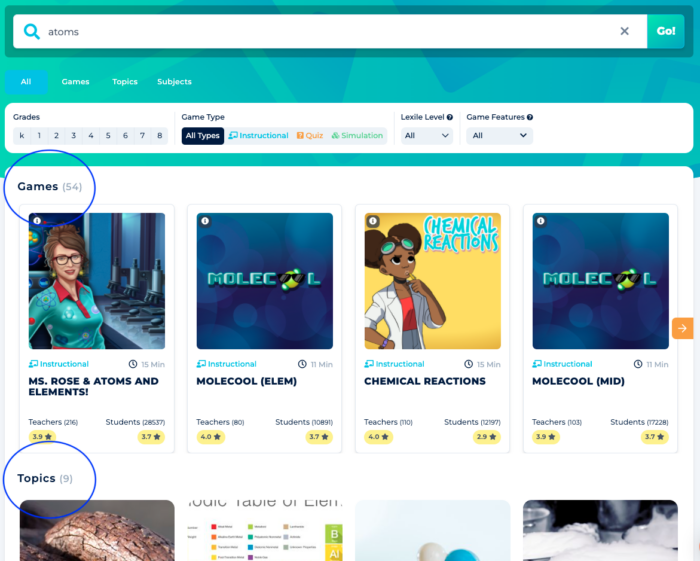
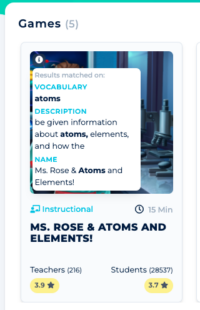
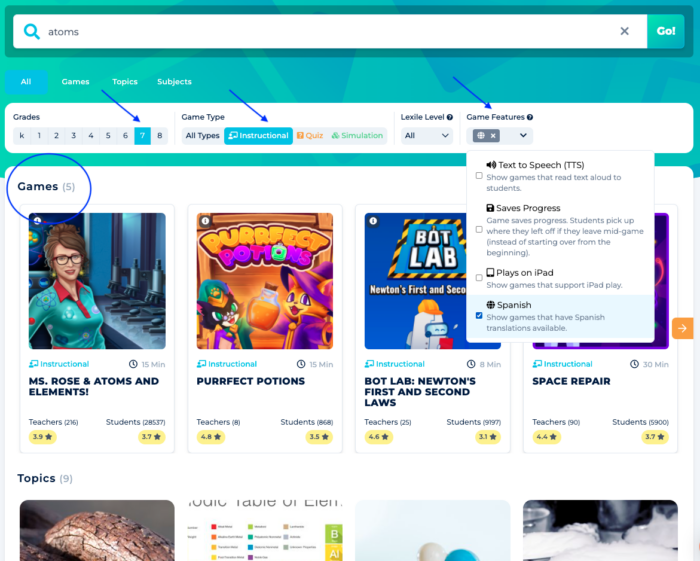
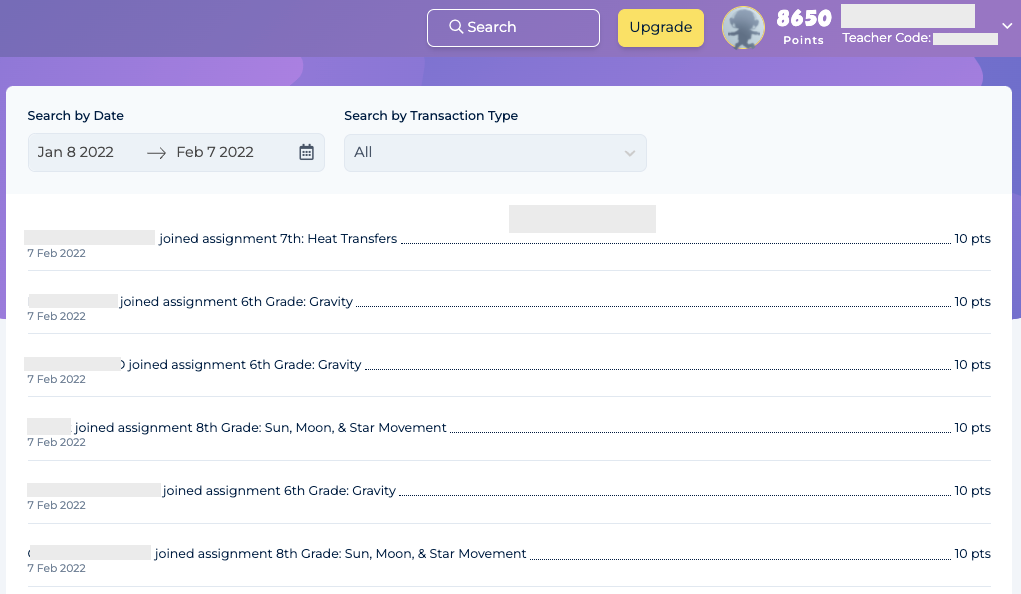

 Becky Thompson
Becky Thompson 


